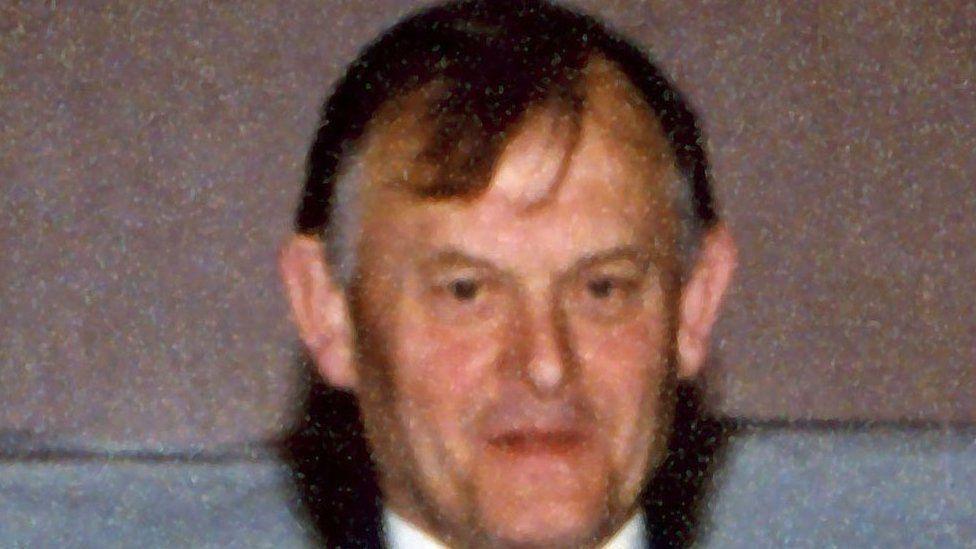Legacy body could have dealt with Finucane case - Morgan
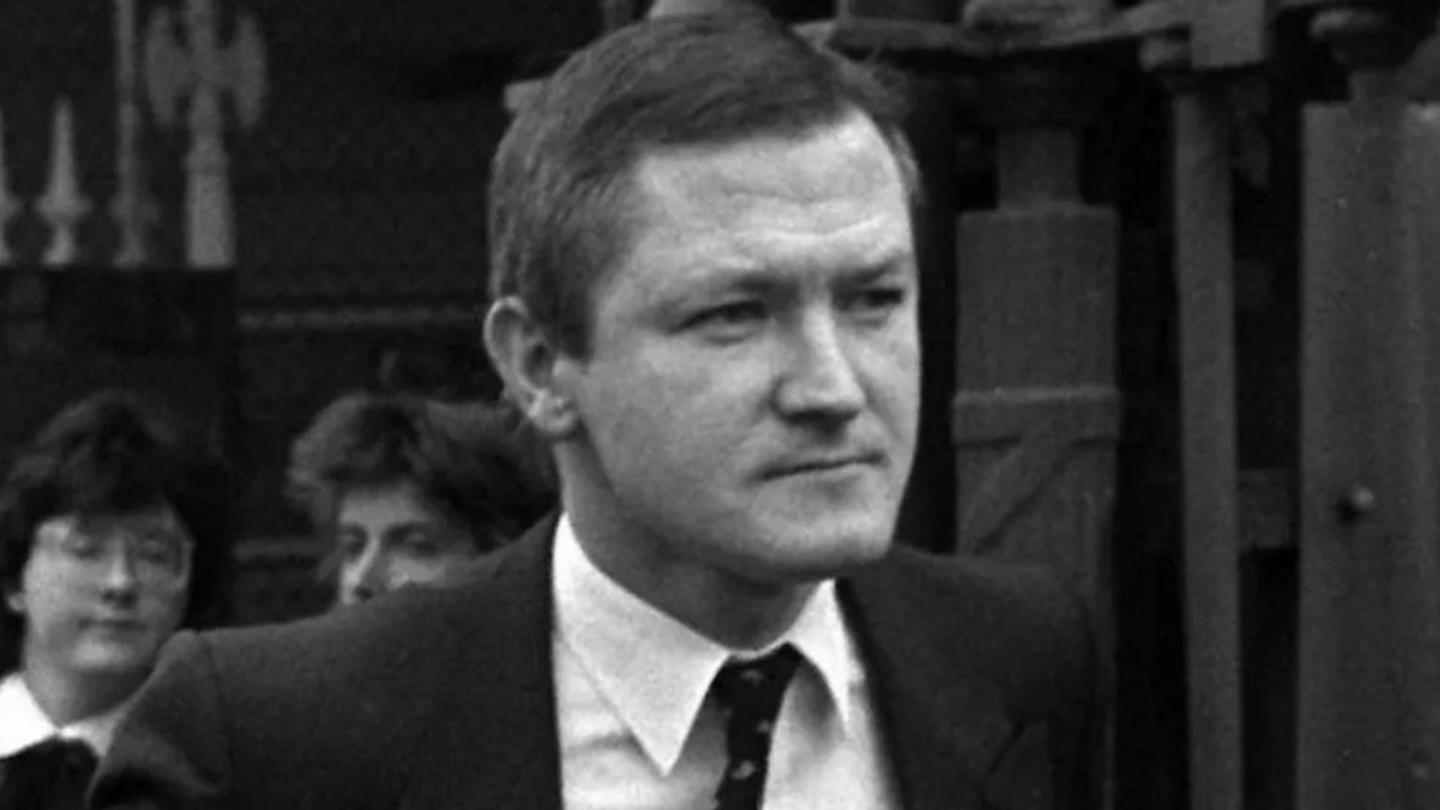
The 39-year-old solicitor was shot dead at his home in Belfast in 1989
- Published
The chief commissioner of the Independent Commission for Reconciliation and Information (ICRIR) has said he believes the legacy body could have dealt with the Pat Finucane case.
Sir Declan Morgan, who welcomed news of the inquiry last week, said the body had the "competence" to investigate the murder.
However he added that he could "see from the point of view of Irish government who are challenging the act and implicitly the commission, that for the secretary of state to refer the matter to us, might have been a problem".
Last week an independent public inquiry was ordered into the murder of Belfast solicitor Pat Finucane in 1989.
The 39-year-old was shot at his home in Belfast by loyalist paramilitaries in front of his wife and children.
Several examinations of the case have found evidence of state collusion in the killing.
Giving evidence to the Executive Office committee at Stormont, Sir Declan was asked by TUV MLA Timothy Gaston if the Finucane case was "exceptional" and unable to be investigated by the ICRIR.
The body’s chief commissioner responded that "apart from the fact there was an intergovernmental agreement" he wasn't aware of any other significant feature of the Finucane case.
Public inquiry commitment
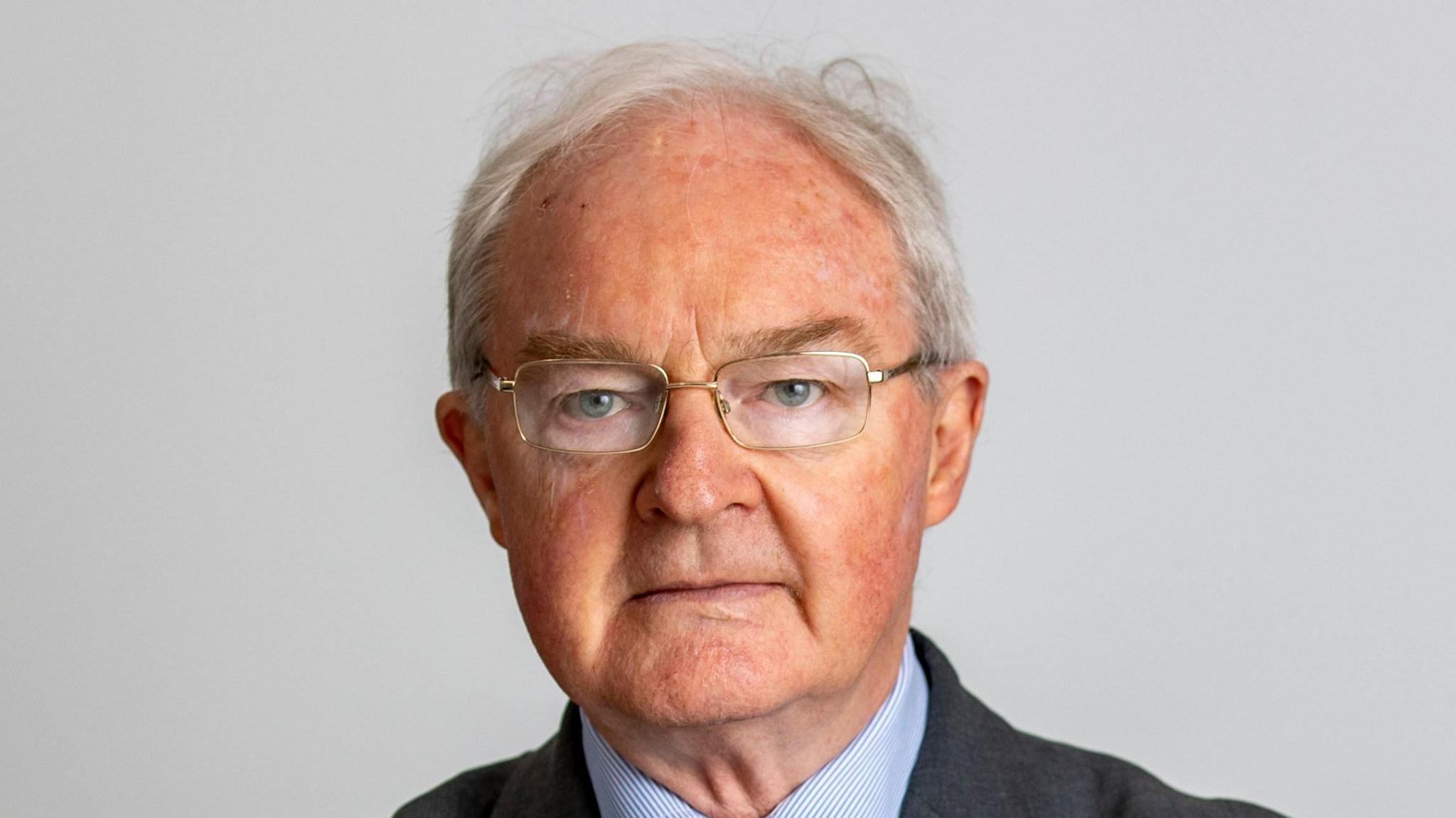
Sir Declan Morgan said it's up to the government to keep its commitments
Sir Declan pointed out that the decision to order a public inquiry was "a matter for the secretary of state alone".
"The commitment to a public inquiry was made about 20 years ago between the two governments," he said.
"Once they made it they clearly had created an expectation in relation to a particular case. It's nothing to do with us - we have no engagement with it.
He added that the commitment has been sitting for "20 years" and delays involving the government honouring "an international basis indicating what it was going to do was unfortunate".
The Northern Ireland Secretary Hilary Benn has said that the "exceptional reason" of outstanding and unfulfilled commitments by previous UK governments to establish a public inquiry meant it should proceed.
Sean Brown murder
Sinn Féin MLA Emma Sheerin also questioned the panel about the government's decision to reject a coroner's request for a public inquiry into the murder of GAA official Sean Brown.
Mr Brown, 61, was shot dead near Randalstown in County Antrim in 1997 after being abducted by loyalists.
Sir Declan said "the involvement of the secretary of state would be the same" in a public inquiry as it would be in an investigation by the commission.
He added: "The secretary of state can give a ministerial direction as to what is to be disclosed and what isn't.
"That's the point about a public inquiry, it doesn't do what it says on the tin. Sometimes what happens is people go and create expectations with families about things that are going to happen that can't happen and it's not fair to the families."
Benn said he has "enormous sympathy" for the Brown family but that an inquiry is "not the best way to proceed".
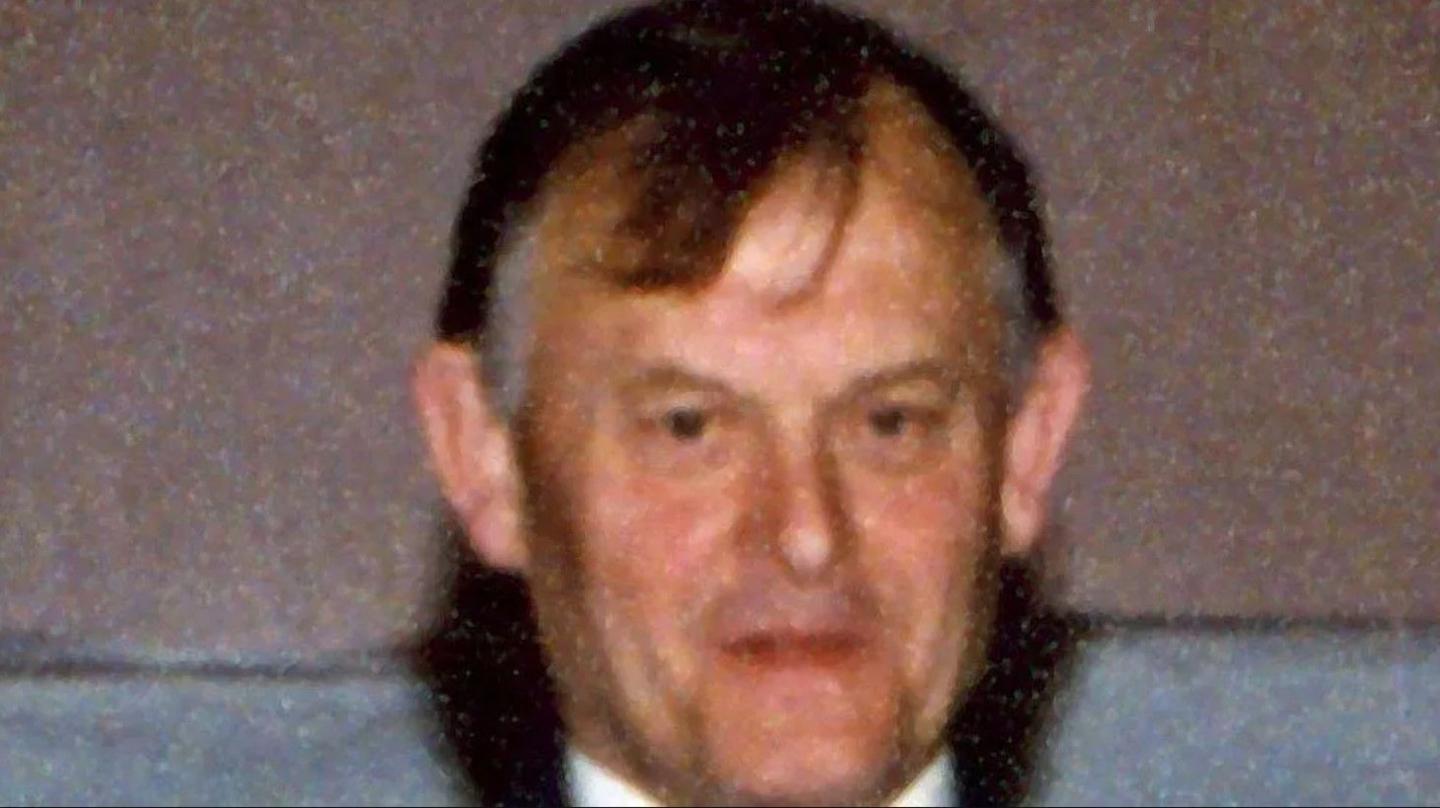
Sean Brown was abducted and murdered in 1997
Questions also arose about public confidence in the legacy body.
The ICRIR'S Commissioner for Investigations, Peter Sheridan said: "Some families want the simplest of answers: 'who was last to speak to my loved one, what did they say, did they get the last rites.'
"Those things have been sitting in people's minds."
He said there is a need "to create an understanding that this is a very different process".
"Before this there was one process - a criminal justice route. There are other options in it for people who want answers to questions who never got answers before," he added.
Related topics
- Published11 September 2024
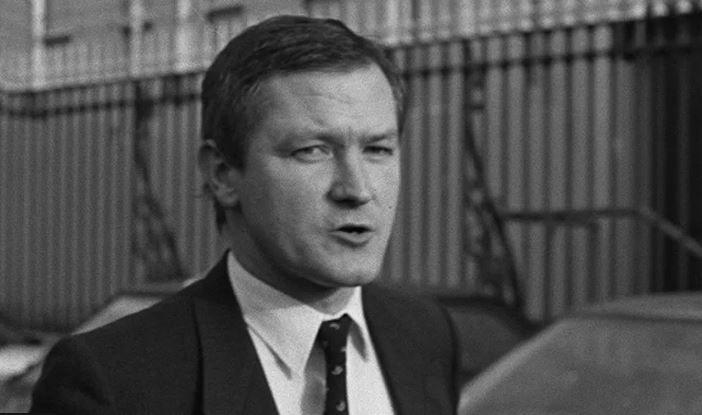
- Published13 September 2024
